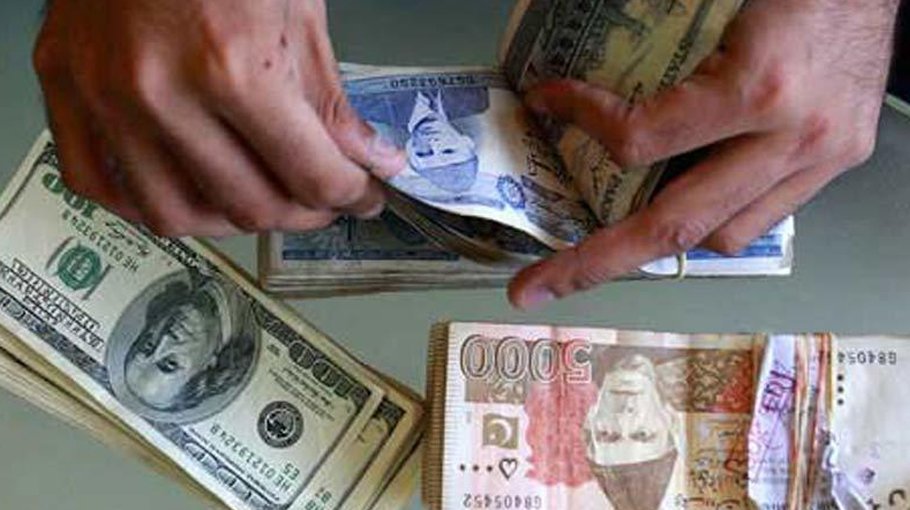Fisheries sector becomes a key pillar of economy, contributes 3.61pc to GDP
Experts tell a consultation workshop

Bangladesh's fisheries sector has become a key pillar of the national economy, contributing 3.61% to GDP, 25.30% to agricultural GDP, and 1.39% of total export earnings, said speakers at a stakeholder consultation workshop on Monday.
They observed that the country is now self-sufficient in fish production, with a per capita supply of 62.58 grams per day, meeting domestic needs and providing over 60% of total animal protein intake.
The stakeholder consultation workshop on the National Fisheries Policy was held at the Conference Room of the
Cotton Development Board in Dhaka.
Organized by the Department of Fisheries (DoF) in collaboration with the Food and Agriculture Organization of the United Nations (FAO), the workshop aimed to ensure inclusive dialogue in finalizing an updated climate-smart fisheries policy framework for the country.
The initiative is part of FAO supported “Community-based Climate Resilient Fisheries and Aquaculture Development” project funded by Global Environment Facility (GEF).
Speakers at the workshop opined that the country is now self-sufficient in fish production, with a per capita supply of 62.58 grams per day, meeting domestic needs and providing over 60% of total animal protein intake.
Farida Akhter, Adviser, Ministry of Fisheries and Livestock (MoFL) and Jiaoqun Shi, FAO Representative in Bangladesh graced the event while Md. Abdur Rouf, Director General, Department of Fisheries (DoF) chaired the sessions.
Farida Akhter, Adviser to the Ministry of Fisheries and Livestock, emphasized the importance of collective ownership in finalizing and implementing the policy:
Jiaoqun Shi, FAO Representative in Bangladesh, reaffirmed FAO's continued partnership with the Government of Bangladesh. He stated, “FAO is proud to support the formulation of a forward-looking fisheries policy that integrates climate-smart solutions and sustainable practices.”



